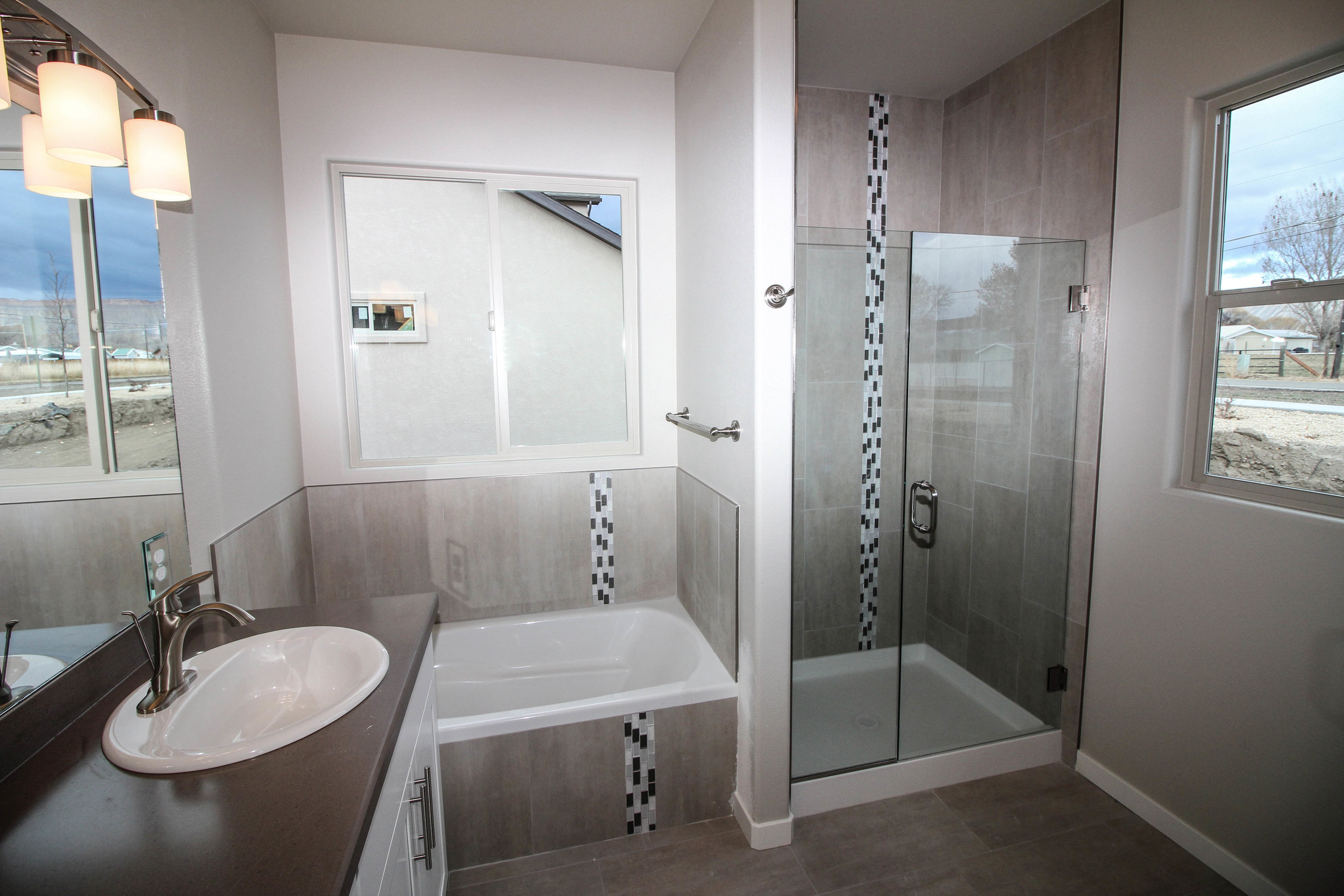Dave,
My wife and I are currently building a house and wonder if we need to get a home inspection even though the home will be new? We don’t want to spend money if it isn’t necessary, but also want to make sure we go through every process correctly. If we do need an inspection, at what point in the building process should we have it done?
Thanks, Josh—Grand Junction
Josh,
Yes. It is my recommendation that you always get an inspection (especially if the home you are purchasing is NOT new), but I will say that if there is one scenario where it might be ok to skip the home inspection it would be in the case of new construction. You have to remember that any new home has been inspected over and over and those inspections have also been inspected. To put it mildly, any new construction project has been meticulously inspected from the foundation up and this ensures that each new building has been built to local building codes and is structurally sound and mechanically safe. These inspections catch most mistakes along the way and thus limit the real effectiveness of a new home inspection for anything but minor/cosmetic items.
A home inspection will cost somewhere between $300 -$450 and my experience is that very few substantive items are discovered on new construction home inspections. Generally items that are discovered are VERY minor, but there have been times where something more significant was found and needed to be corrected. I will also point out that virtually every one of those more significant items would have presented themselves in short order without the home inspection. From a timing perspective, you should consider the home inspection sometime around the CO, Certificate of Occupancy. If you use this time frame, you can be confident that the home will be mostly complete and all that is left will be mostly cosmetic issues. This is also a good time to do the inspection as any items identified can just be added to the builders punch list to complete prior to close. Although there are no guarantees with getting any home inspection, they do provide some surface level peace of mind. Also remember that every builder will provide at least a 1 year home warranty for your entire home and most of them are willing to help even after that one year if the problem proves to be a material or workmanship issue.
“Ultimately what an inspection on a new home provides is some insurance that there are no major problems with the quality of construction, workmanship or mechanical systems.”
Ultimately what an inspection on a new home provides is some insurance that there are no major problems with the quality of construction, workmanship or mechanical systems. You have to ask yourself if the peace of mind is worth the cost? I can say that I have not seen a home inspector yet that is as qualified as the general contractor you hired to build your home and the inspections your home goes through prior to getting its certificate of occupancy have been extensive and complete. It is a call you must make, but it is completely understandable if you skip the home inspector on a brand new home! Hope this helps.
Dave Kimbrough
The Kimbrough Team



















